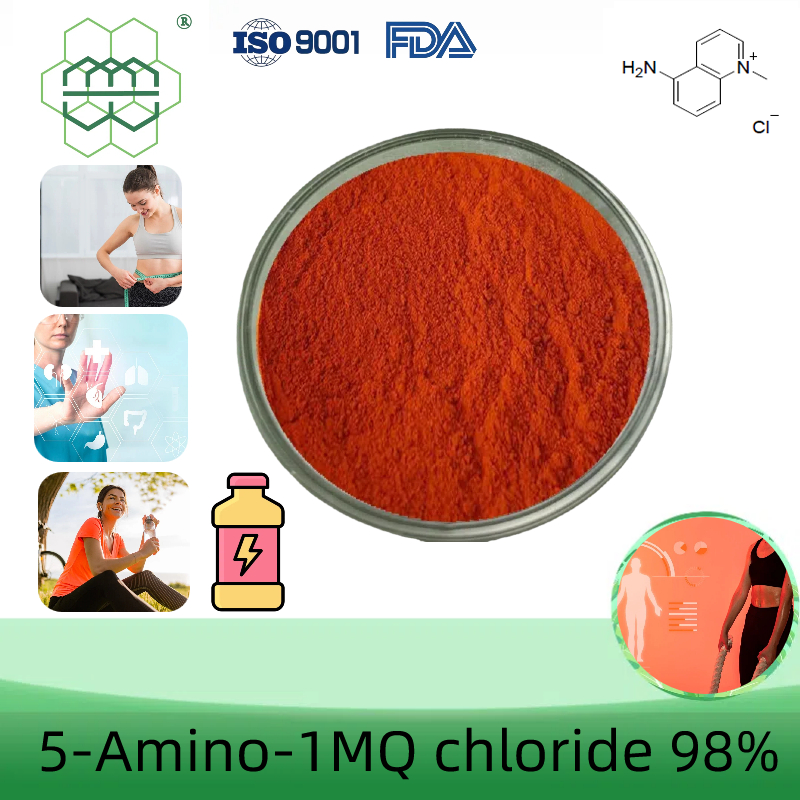-
Categories
-
Pharmaceutical Intermediates
-
Active Pharmaceutical Ingredients
-
Food Additives
- Industrial Coatings
- Agrochemicals
- Dyes and Pigments
- Surfactant
- Flavors and Fragrances
- Chemical Reagents
- Catalyst and Auxiliary
- Natural Products
- Inorganic Chemistry
-
Organic Chemistry
-
Biochemical Engineering
- Analytical Chemistry
-
Cosmetic Ingredient
- Water Treatment Chemical
-
Pharmaceutical Intermediates
Promotion
ECHEMI Mall
Wholesale
Weekly Price
Exhibition
News
-
Trade Service
Recently, AIA Group announced the results of the
2013
issue of the Asia-Pacific
Healthy Living
"
survey. Covering more than
15,000 respondents in
,
countries and territories in the Asia Pacific region, the survey aims to understand the public's perceptions of personal health, health concerns, and expectations for a healthy life
in the region.
mark Tucker
, chief executive and president of AIA Group, saidAIA is committed to helping people across the Asia-Pacific region have a healthier life.The
'
AIA Healthy Living Index
'
survey is the only cross-regional health survey in the Asia-Pacific region, and through a one-on-one visit survey of more than 10,000 people, it provides us with a unique perspective on changes in health perceptions and behaviors in different regions.
”The health index fell significantlythe survey showed that the healthy living index for Chinese mainland residents was
69
, higher than the Asia-Pacific average of
62
, but as many as
74% of
respondents believed their health was not as good as it had been five years ago, including many under the age of
30,
. At the same time,
97% of
respondents agreed thatHealthy living is important
"
, and that
has enough sleep ,
"
regular exercise
"
,
Healthy Eating
"
and other healthy habits are important. Although people are aware of the problem, they are not actively improving their lifestyle, and many people rate themselves very low in these areas.for diseases caused by unhealthy lifestyles, Chinese mainland respondents across the Asia-Pacific region, including
(
44%
), were the most
"
Heart
"
(
38%
) and
"Obesity
"
(
26%
). Chinese mainland respondents also showed higher levels of concern than the Asia-Pacific average in terms of
Obesity
,
Depression
"
and
. Despite their concerns about the disease, only
53
percent of respondents had a medical check-up in the past year, and more than Chinese mainland
1 in
had not received any health check-ups in the past year.In fact, with Chinese mainland getting closer to the pace of life in developed countries and regions, a healthy living condition should attract sufficient attention from Chinese mainland residents, and should improve their health status in an all-round way through the development of appropriate healthy living habits. In addition to improving their health habits, respondents also had high expectations for companies to help employees achieve a healthy life. The survey
97%
Chinese mainland adults agree that companies should help them live healthier lives, especially
"
free or sponsored physical
" (
5 6%
)
"ensure that there is no overburdened work
/
less overtime
"
(
46%
).In response, Cai Qiang, chief executive of AIA China, said:
"
As a company with a deep sense of social responsibility, AIA is very concerned about the healthy living conditions and health needs of Chinese families, and hopes that the release of the AIA Healthy Living Index will once again arouse people's concern about healthy living. We encourage our employees, marketers, customers and the general public to actively participate in health campaigns and develop healthy lifestyles, and AIA will continue to protect Chinese families from growing health concerns by providing excellent health products.
”Food safety is the biggest hidden worry in addition to the concern for traditional health problems, but also the development of modern society brought about by the new worries about healthy life. With the rapid development of communication technology and social networking, the Internet has become an increasingly important part of our lives.
65 percent
Asia Pacific adults think the habit of spending a lot of time and energy on a computer screen is hard to change,
56
percent think it's becoming addictive. This trend is Chinese mainland among respondents,
73 percent
admitted to spending more time online becoming addicted. At the same time, more than 80 percent of respondents agreed that spending too much time online can lead to poor sitting (
83 percent
), preventing people from getting enough exercise time (
89 percent
) and sleep time (
85 percent
).health crisis caused by modern life is caused by obesity caused by unhealthy eating habits that are high in sugar, salt and fat. It is worth mentioning that food safety has become a major concern in the Asia-Pacific region in recent years. More than 70% of the respondents expressed
that
"some foods may contain harmful ingredients
"
"
78
%),
the actual
ingredients of the food products do not match the packaging labels
"
(
75
%) and
"
the food purchased may have been broken
"
(
72
%). In Chinese mainland more than 80% of respondents expressed concern about the above-mentioned issues.pollution is another hot topic in modern society. The health hazards of various types of pollution have become the consensus, with more than 60% of respondents expressing concern about(
69%
) and water pollution
"
(
65%
). Chinese mainland respondents were more concerned
than the Asia-Pacific average in terms of
air pollution
72%
) and
70%
).







